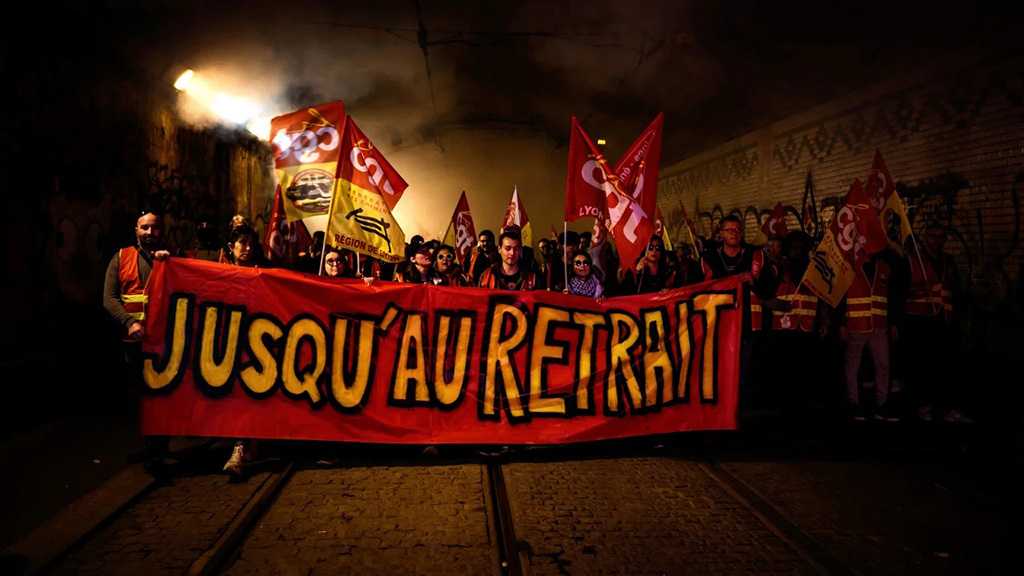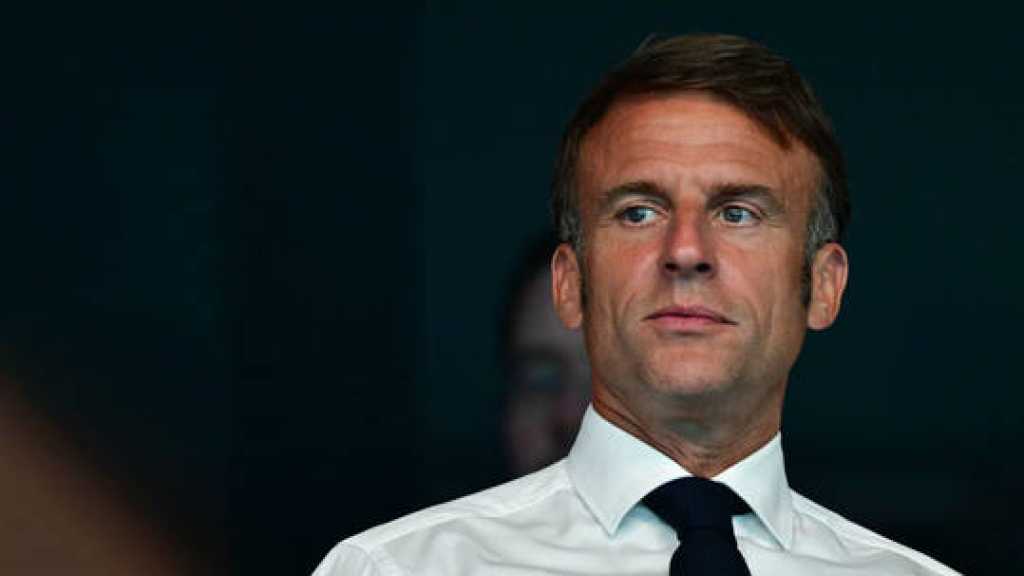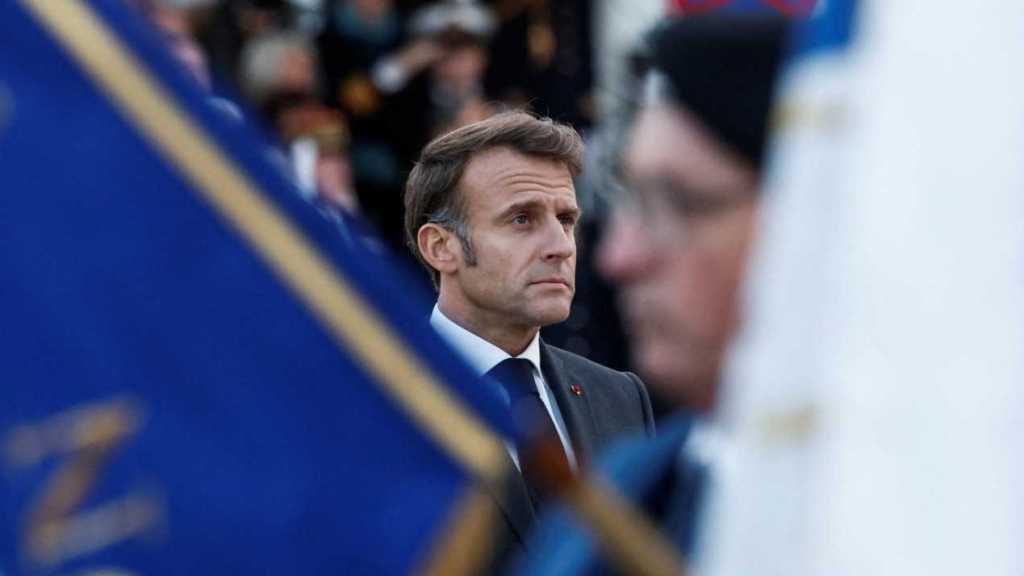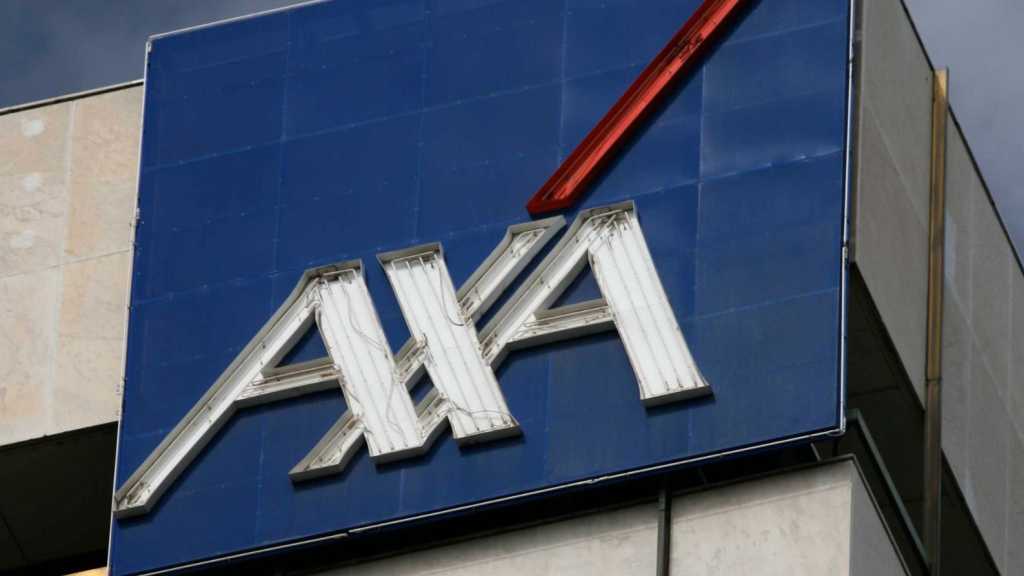
French Unions Hold First National Strike Since Gov’t Rammed Through Pension Reform

By Staff, Agencies
France’s powerful unions are coming out in force for a nationwide strike Thursday in a rejection of a controversial retirement age reform that the government pushed through parliament last week without a vote.
Though sporadic, sometimes unruly demonstrations have popped up in Paris and other cities across France since the bill’s passage, Thursday will mark the first day of coordinated action since then. It is also the ninth day of strikes since the bill was introduced in January.
Public transportation in Paris is expected to be heavily disrupted and 50% of the country’s high-speed TGV trains will be canceled. Air traffic is also expected to be affected Thursday, with 30% of flights impacted at Paris Orly airport. Some of the country’s largest oil refineries will also be blocked.
Some 12,000 police officers will be deployed around the country, including 5,000 in Paris, in expectation of potential violence.
The government’s plan to raise the retirement age for most workers by two years has been criticized by huge numbers of people. But despite protests that drew more than a million people onto streets across the country, President Emmanuel Macron’s government did not back down. It rammed the legislation through the French National Assembly last week using a constitutional clause that allows the government to bypass a vote.
“The best response we can give the President of the Republic is by having millions of people on strike and on the roads,” Philippe Martinez, the head of one of France’s two largest unions, said on French TV channel LCI.
The country’s generous pension system and early retirement have long been a point of pride since they were enacted after World War II.
The retirement age for most workers under the new law will be 64, still one of the lowest in the industrialized world.
Macron and his government have defended the retirement reform as necessary to keep the pension system funded. Taxes on current workers pay for the benefits of retirees, and as people live longer – and more baby boomers retire – the system would otherwise eventually go bankrupt, though the threat is not immediate.
When the proposal was unveiled in January, the government said the reforms were necessary to prevent a projected 13.5 billion [$14.7 billion] euro hole opening up in the pension system in 2030.
During an interview with two of France’s main television networks Wednesday, Macron said the bill should be enacted by the end of this year. He also defended the decision to push through the reform as financially necessary, no matter how unpopular it was.
“It’s in the greater interest of the country. Between opinion polls and the national interest, I chose the national interest,” Macron said.
The interview was Macron’s first public appearance in defense of the retirement reform since it was passed into law, and opponents of the French president accused him of appearing aloof and out of touch – common criticisms leveled against him.
Comments
- Related News



